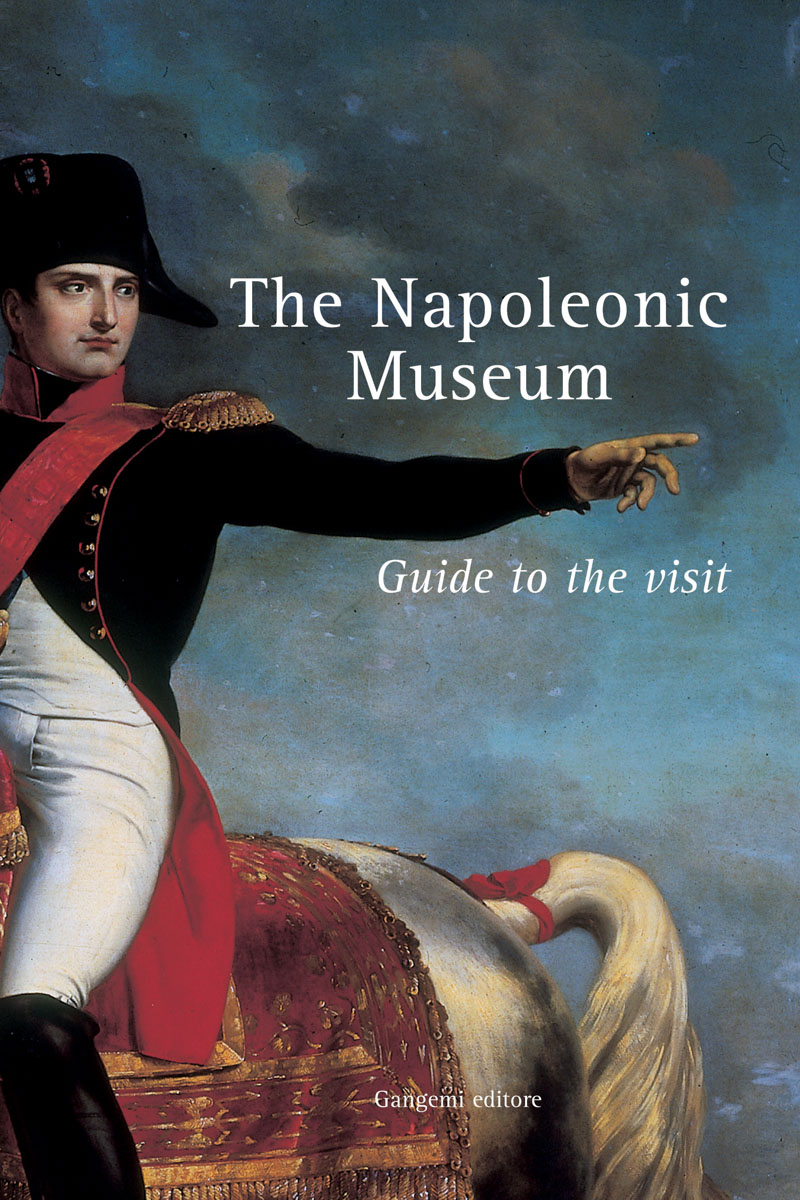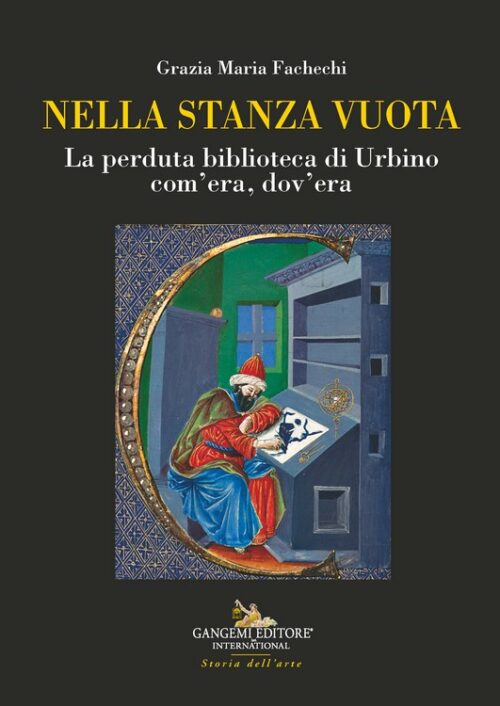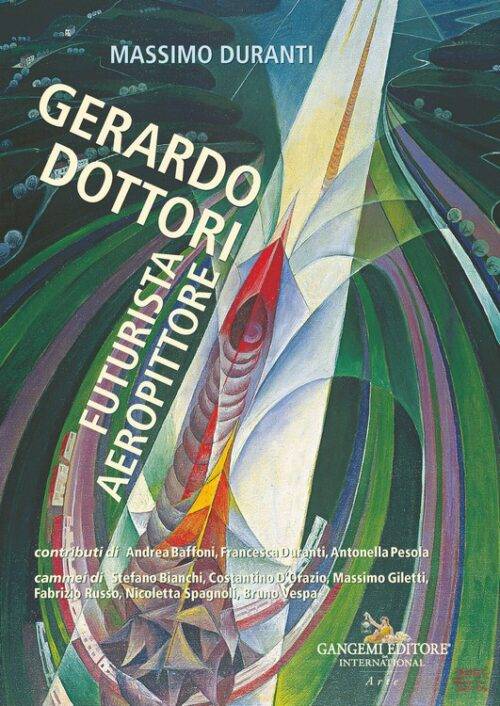
9,00 €
Potrebbero interessarti anche
The napoleonic museum
Guide to the visit
A cura di: Gorgone Giulia
Formato: 15 x 21 cm
Legatura: Filorefe
Pagine: 32
Anno edizione: 2004
ISBN: 9788849207125
EAN: 8849207123
UB. INT. : T455H V15h V26e C01
Contenuto
In 1927, count Giuseppe Primoli (1851-1927), son of count Pietro Primoli and princess Charlotte Bonaparte, donated to the city of Rome the important collection of works of art, Napoleonic memorabilia, and family papers, heid in the ground-floor rooms of his palace. The collection (to which, in 1925, was added part of that belonging to his brother, Louis (1858-1925)) was not intended to be a shining example of imperial splendour but rather to bear witness to the intense relationship between the Bonapartes and Rome. This relationship was established by force of arms when the French occupied Rome in 1808. And in 1811, the town became a “free imperial city” with Napoleon’s son as its king; indeed the latter received his title, King of Rome, even before he was born. After the fall of the Empire, almost ali members of the Bonaparte Family asked Pope Pius VII for shelter and settled in Rome: Letizia Ramolino, the mother of the dynasty, at Palazzo Rinuccini, the brothers, Louis and Jérome, at Palazzo Mancini-Salviati and Palazzo Nuñenz respectively, and Pauline, one of the sisters, in her Villa on the “via Nomentana”. However, the “Roman branch” of the Bonapartes, from which count Primoli descends, actually began with Lucien, the emperor’s “rebel” brother, who moved to Rome in open disagreement with Napoleon. Count Primoli’s mother, Charlotte Bonaparte, was born from the marriage of one of Lucien’s sons, Charles-Lucien, with the latter’s cousin, Zénaide, daughter of Joseph Bonaparte. In 1848, Charlotte married count Pietro Primoli, and soon after the Second Empire was proclaimed she moved with her family to the court of Napoleon III. Count Giuseppe Primoli was as a result schooled in Paris and, after the fall of the Empire, his education was completed in the literary salons of his aunts Matilde Bonaparte and Giulia Bonaparte, marquise of Roccagiovine. Giuseppe Primoli, a learned man, a passionate bibliophile and skilful photographer, lived between Rome and Paris and had strong relations with the literary and artistic milieux of both cities. And as a result of the significant donations he received from his family and wise acquisitions, this fascinating intellectual and collector was able to present to the city of Rome a sophisticated example of a “home/museum”
Parole chiave
Condividi su












